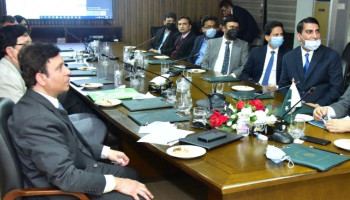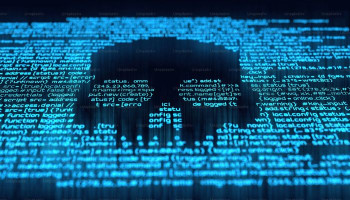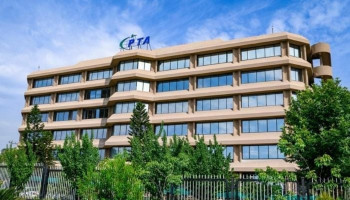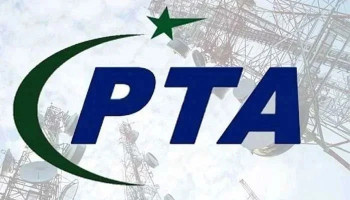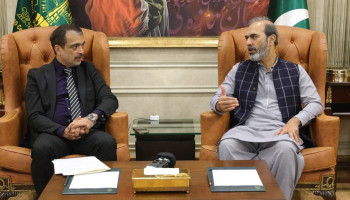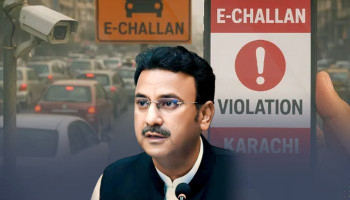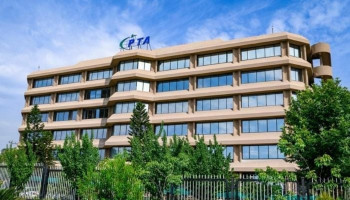
Months after dismissing claims about internet censorship with the help of a firewall installation, the government of Pakistan has confirmed that a national firewall is being installed to monitor and control internet traffic across Pakistan.
This announcement came on the heels of a query from parliamentarian Jawed Hanif Khan regarding the installation of a firewall to manage internet traffic.
Minister for IT and Telecom, Shaza Fatima Khawaja, also provided a written response about setting up a national firewall, stating that Pakistan is taking measures to secure its online space, block harmful content, and protect citizens' data.
She emphasised the importance of safeguarding personal and public data while blocking websites containing inappropriate and unethical content in line with Pakistani laws.
The government aims to enhance the security of Pakistan's cyberspace and prevent access to offensive content, continuing efforts made by previous administrations and adhering to restrictions under Article 19 of the Constitution.
What is Pakistan's internet firewall?
According to the minister, the firewall will:
- Block offensive or illegal websites
- Protect personal and public data
- Secure national cyberspace
- Help enforce laws under Article 19 of the Constitution
While Pakistan's constitution allows the government to limit freedom of speech to safeguard national interests, the implications of a national firewall raise concerns.
Experts fear that Pakistan seems to be following in the footsteps of countries like China and Iran.





